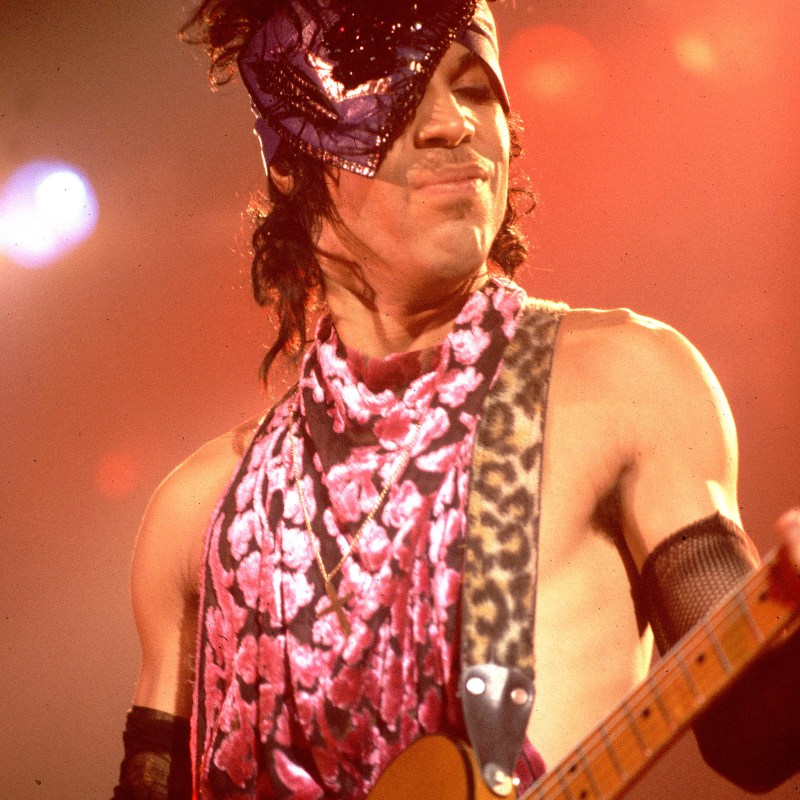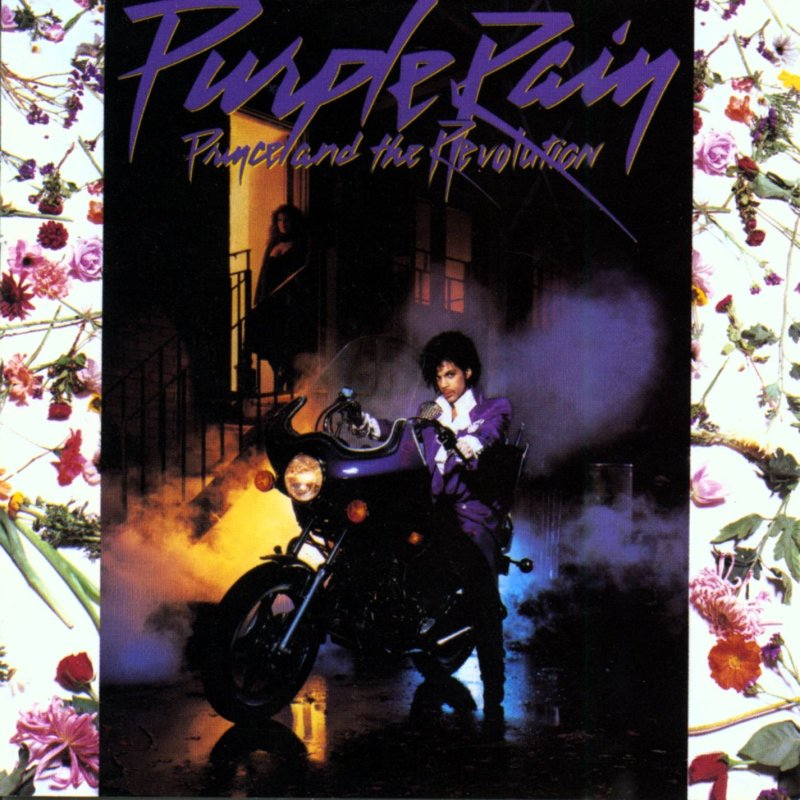Prince’s 2016 passing seems far more recent than it actually is. The Twin Cities funk-soul maestro would almost certainly still be touring today if not for a mixup in pill-taking.
Since his ascension to fame and sex symbol status in the early 1980s, Prince has gone on, in life and posthumously, to sell something to the tune of 130 million records. That’s good enough to be dubbed one of the most successful musicians ever. Prince’s biggest feat may have been the ability to bend the pillars of pop music to his liking. His most recognized and referenced album, Purple Rain, is the perfect purple example of such game-changing.

Yet, it’s easy to forget that an entire Minneapolis scene, an incredibly vibrant one at that, helped build the man and his lauded career. Like Detroit in the late ’50s and early ’60s and Seattle in the ’90s, the Twin Cities had its own pervasive sound. In the late ’70s, a cauldron of great area acts like the Lewis Connection, Herman Jones, Sue Ann Carwell, and more stylishly hauled funk into the next decade, hitting it with some dance, glam, and guitar-god antics (those interested in such sonic context should check out this box-set).
Released in 1984 via Warner Brothers, Purple Rain is Prince’s sixth studio full-length and is also actually a soundtrack. As such, it has both a denser sound (thanks to a full backing band, the Revolution) and the hints of kitsch and occasional embellishment that come with musical scores. Practically a biopic, the film tells the tale of a kid from Minneapolis trying to cope with a topsy-turvy domestic situation via music. It’s considered among the finest musical movies ever made … but the album eclipses it.

The record wastes no time declaring itself, opening track “Lets Go Crazy” beginning with a spoken-word declaration set to a church organ. Prince announces his divine presence in eulogy-like fashion, the drums and fiery guitar hook drop, and suddenly, the listener is whisked away to dance-rock heaven. It’s a sermon fueled by noodling electric guitar, sharp-as-a-knife backup vocals, and an underlying bounciness — church, according to The High Priest of Pop.
Tracks like “The Beautiful Ones” do so much while being effortlessly cool. There’s the bedroom sweet-talk, the synth-led balladry, the volatility of Prince himself, expressed through dramatic sonic vignettes within the track itself. Meanwhile, “Computer Blue” comes off like the perfect time capsule of 1980s pop, with formative R&B elements plugged-in and given the four-on-the-floor drum treatment. You can hear the tension between rock, funk, and the emerging electronic pop elements of the era and on top of expertly weaving them all together, Prince showers them in commanding guitar work.
Highlight “When Doves Cry” is an instant classic, a red carpet on which Prince shows his vocal chops. The song pulls you in from all directions, from the trickling piano melody to the soulful delivery to the industrial-like percussion (much of the accents courtesy of the Linn LM-1 drum machine). It’s the lead single of the record, and, quite crazily, contains no bass line. Prince wanted it to be an oddity and allegedly wrote it last. The way it does so much with relatively little, at least in terms of instrumentation, is pure genius. The end is a lesson in vocal layering in the studio.
With “I Would Die 4 U” as a chaser, it’s one of the best one-two song punches in the modern music era. This tracks buzzes like a neon sign, with glassy synth work and a loopy breakdown that reminds you that funk brought this whole project here in the first place. Oh, and the way the track title is written, it’s as though the prophetic Prince knew that we’d all be texting love messages like this on our phones in good time.
Finishing in style, the record exits with the title track. The slow-burner falls beautifully between gospel and rock opera, with some glam and metal squeezed in for good measure. At almost nine minutes, it’s a lasting track, but like a long, heartfelt cry, there’s not a single dull moment. The track ultimately falls to its knees, a weeping guitar and piano giving way to enveloping strings.
Prince wrote every track to the record. As pop-y as it is, Prince remains deeply animated throughout, a born performer and bandleader in perhaps the greatest form of his long career. It’s as though Little Richard were given a pair of sunglasses, an electric guitar, and a mandate to turn lust and love into groove-packed anthems. Billboard may have said it best, remarking that only one person at the time was more popular than Reagan, and that person was Prince.
Prince didn’t need to become an intergalactic star. His previous record, the enchanting 1999, had already propelled him to newfound heights. But Purple Rain made Prince a figure so large you could practically see him from space, and an immortal one at that.
(Want to check out another blast from the past? Check out our take on Herbie Hancock’s classic album Head Hunters.)


